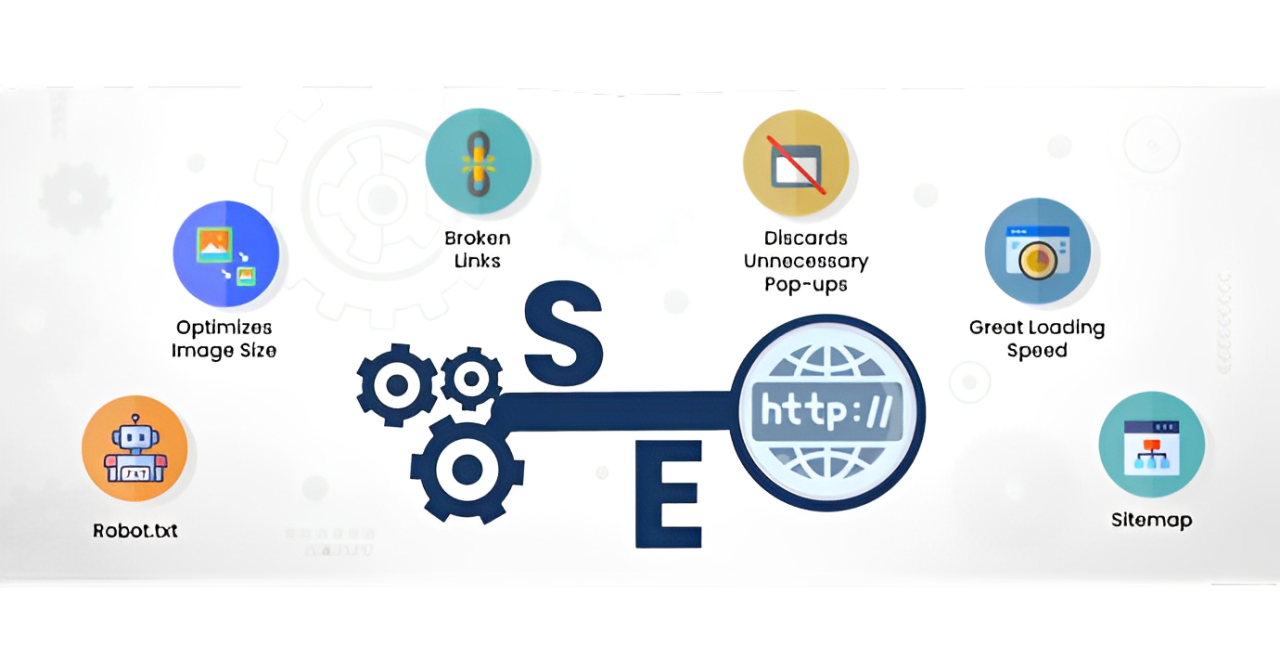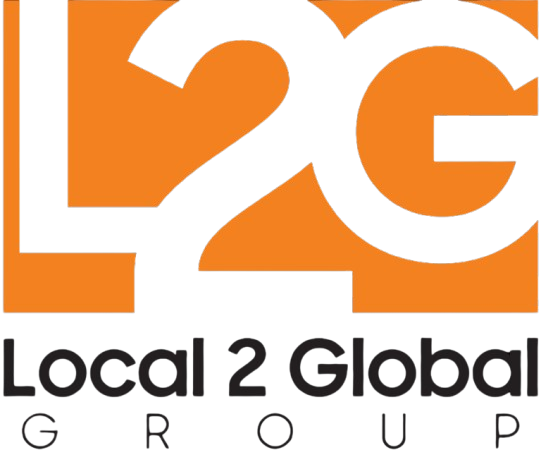What is Technical SEO?
Technical SEO involves optimizing the infrastructure of your website to ensure it meets the technical requirements of modern search engines. This includes improving site speed, ensuring mobile-friendliness, enhancing crawlability, and implementing structured data to boost rankings and user experience.

Importance of Technical SEO
Without a strong technical foundation, even the best content may not perform well in search engines. Technical SEO ensures that search engines can easily crawl, index, and rank your website, while also improving user experience and accessibility.
Key Elements of Technical SEO
- Website Speed Optimization
- Mobile-Friendly Design
- Crawlability and Indexing
- Submit an XML sitemap to search engines.
- Use robots.txt files to guide bots.
- Avoid broken links and ensure a clear site structure.
- Secure Website (HTTPS)
- Structured Data Markup (Schema)
- Canonical Tags
- Broken Links and Redirects
- XML Sitemaps and Robots.txt
- XML Sitemaps: Provide a roadmap of your site for search engines, ensuring all important pages are indexed.
- Robots.txt: Manage which parts of your website should or shouldn't be crawled by search engines.
- Fixing Crawl Errors
Page load time significantly affects user experience and rankings. Faster websites have lower bounce rates and higher engagement. Optimize images, leverage browser caching, and implement Content Delivery Networks (CDNs) to improve site speed.
With the majority of traffic coming from mobile devices, mobile-friendliness is essential. Implement responsive design, ensure easy navigation, and prioritize mobile usability to rank higher in search results.
Search engines rely on bots to crawl and index your website. To improve crawlability:
Switching to HTTPS ensures a secure connection, building trust with users and search engines. Google favors secure websites, making it a ranking factor.
Structured data helps search engines understand your content better and enhances your site's appearance in search results through rich snippets. Use Schema.org to implement structured data for articles, products, events, and more.
Canonical tags prevent duplicate content issues by indicating the preferred version of a webpage. This helps consolidate link equity and avoids confusing search engines with duplicate URLs.
Broken links harm user experience and SEO. Regularly audit your site to identify broken links and set up proper redirects (301 or 302) to guide users to the correct pages.
Use tools like Google Search Console to identify and resolve crawl errors. Resolving these errors ensures search engines can access all important pages of your site.
The Role of Technical SEO in Your Marketing Strategy
Technical SEO works hand-in-hand with content marketing and link building. It ensures your website is accessible, fast, and secure, forming a foundation for successful SEO campaigns.
Why Choose Us for Technical SEO Services?
At Local 2 Global Group, we specialize in delivering technical SEO solutions tailored to your business. Our experts ensure your website is technically sound, helping you achieve higher rankings, increased traffic, and better conversions.
Start Optimizing Your Website Today
Technical SEO is a continuous process that evolves with search engine updates. By focusing on the technical aspects of your site, you create a robust foundation for long-term online success. Ready to take your website to the next level? Contact us today!

